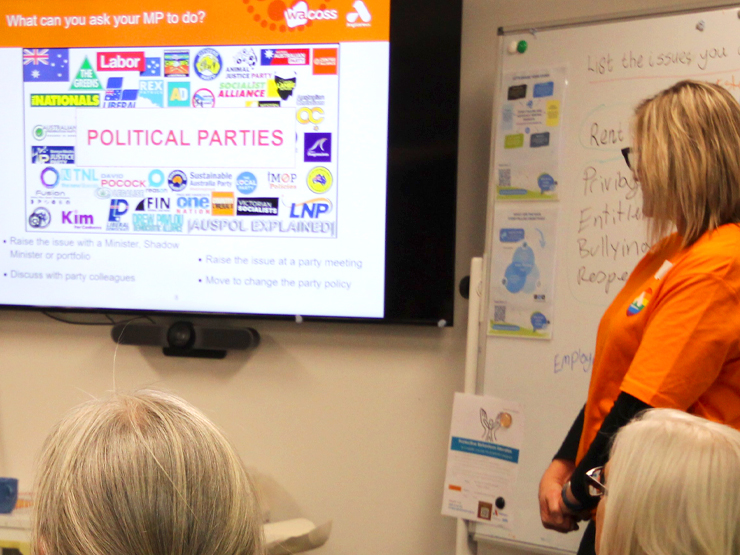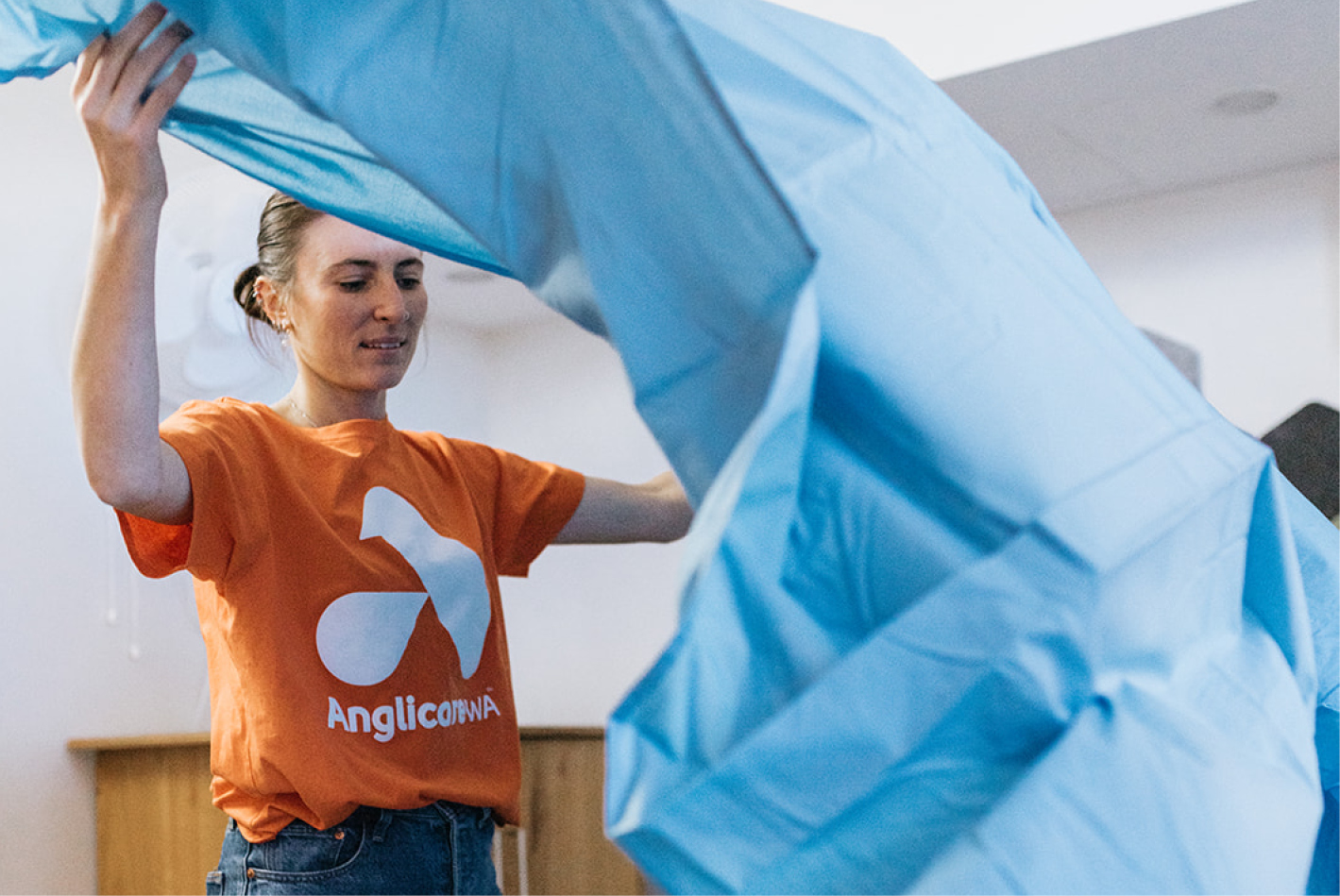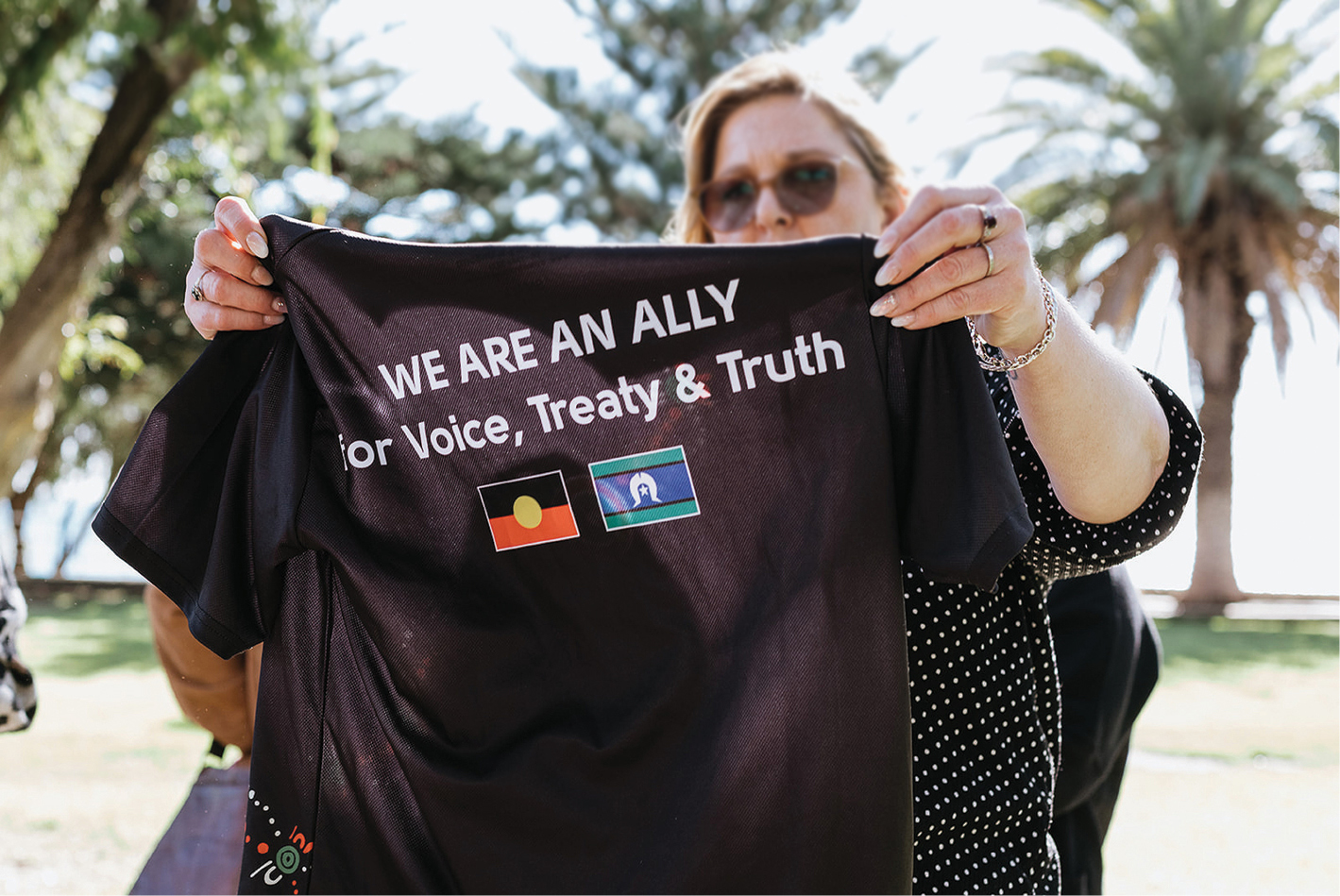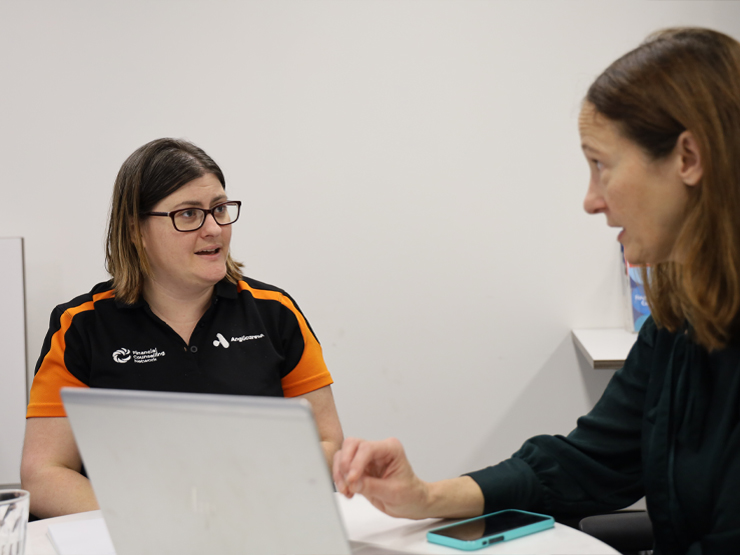We Want a Community Free from Family and Domestic Violence
Anglicare WA is dedicated to building a safer Western Australian community free from family and domestic violence. We tackle the root causes of violence by providing essential support services and empowering individuals and families to overcome cycles of harm.
Anglicare WA aims to ensure that all individuals can live safely and securely. We focus on supporting victims of violence, promoting services like Men’s Behaviour Change programs, and working towards systemic changes. We also emphasise the need for preventative strategies, such as education and support, to break the cycle of violence.
Through advocacy, education, and collaboration with policymakers and organisations, Anglicare WA raises awareness, influences policies, and promotes respectful relationships. Our efforts aim to foster a culture of safety, equality, and respect for everyone.
Through our advocacy and services, Anglicare WA strives to reduce domestic violence and provide long-term safety and support to those affected.
Our Goal
We want a community in which everyone is able to live in safety and security, free from violence.
“My baby deserves the best of the best and to live without violence. I thank Anglicare WA for working alongside me to change my behaviours and views on violence and recommend this program to all men who have a history of violence”
– Father on his experience in a Men’s Behaviour Change program
The Problem
Family and domestic violence and abuse (FDV) is a major health and wellbeing issue. It affects people from all backgrounds, but particularly women and children.
(FDV) takes many forms, including physical, sexual, financial, emotional, psychological and image-based abuse. A key characteristic of FDV is the use of violence or other forms of coercion to control someone with whom the perpetrator has an intimate or family relationship.
*These statistics may fluctuate based on recent reports released.
One woman a week is murdered by her current or former partner
20% of Australians believe violence is a 'normal' reaction to day-to-day stress
1 in 4 women have experienced emotional abuse by a current or former partner
1 in 5 women have experienced sexual violence since the age of 15
1 in 16 men have experienced physical or sexual abuse by a current or previous partner
What Stands in the Way
Overcoming family and domestic violence (FDV) in Western Australia is hindered by entrenched social norms, underreported abuse like coercive control, inadequate perpetrator accountability, and delays in mental health support for children. Systemic flaws, including victim-blaming, legal gaps, and funding limitations, further perpetuate these challenges.
What are We Doing To Help?
Anglicare WA supports 32,000 people each year with strengthening family relationships and provides services to more than 3,000 people who have been affected by violence.
These services include, but are not limited to:
Overcoming Barriers
Systemic change is needed to overcome these barriers. Governments, schools, and organisations must invest in preventative education to promote healthy, respectful relationships. Programs should include age-appropriate and culturally relevant resources, covering topics like gender equity, conflict resolution, and non-violent behaviours.

State Government, courts, and organisations should:
Train justice system professionals to recognise and respond to hidden forms of FDV, such as financial and emotional abuse or coercive control.
Shift from incident-based responses to broader case management, enabling perpetrator tracking and data sharing.
State Government should:
Criminalise coercive control, consulting vulnerable groups, especially Aboriginal and Torres Strait Islander peoples, to ensure fair legislation.
Increase pastoral care funding to better support students impacted by FDV.
State and Federal Governments must:
Fund research into effective intervention strategies and expand access to programs for people who use violence.
Improve access to trauma-informed services for families, children, and individuals exposed to or using violence.
Other Advocacy Priorities
Through our advocacy, we are committed to creating economic justice and fairness, ensuring that everyone has a home, seeking freedom from family and domestic violence and abuse, and supporting Aboriginal recognition and justice by being an ally on voice, treaty and truth.








